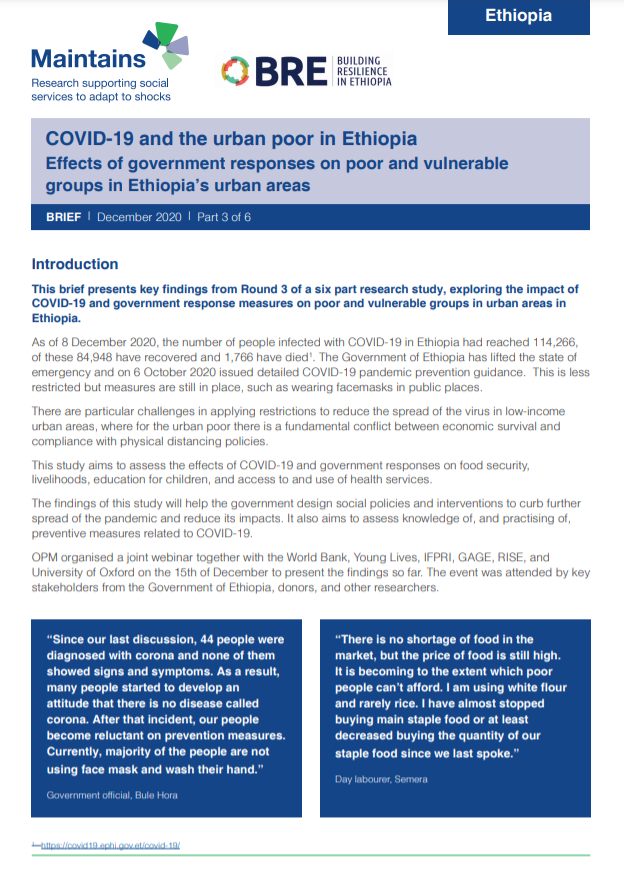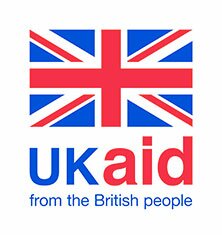Resource centre
What is a Shock-Responsive Health System?
This working paper sets out a conceptual framework for a shock-responsive health system for the Maintains programme. The framework is designed to support the approach to country and cross-country research under Maintains, and to facilitate comparative cross-country learning and synthesis. The framework draws together ideas from literature on health systems, resilience, health security and related areas, and identifies components of a health system and the wider context that may be affected by shocks, and that affect the ability of the health sector to respond.
Seven recommendations for building the climate shock-responsiveness of Kenya’s health system
The formal health system of the ASALs of northern Kenya must respond to surges in demand for health and nutrition services associated with recurrent climate shocks- especially drought and flood events – which are increasing in frequency. This policy brief presents seven recommendations from our working paper on how the health system at county level prepares and responds to climate shocks, from research undertaken in Marsabit, Turkana, and Wajir. These recommendations aim to stimulate national policy dialogue and change to build the climate shock-responsiveness of Kenya’s health system.
This brief was authored by Matt Fortnam, Peter Hailey, and Nancy Balfour
COVID-19 and the urban poor in Ethiopia – part three
This brief from the third report in a 6-part series, explores the impact of COVID-19 and government response measures on poor and vulnerable groups in urban areas in Ethiopia. The findings highlight four key areas for urgent attention: misconceptions about COVID-19, rising food prices, inadequate and costly water supply and a reduction in the number of people receiving aid. The full research report can be found here. Authored by Donna Harris, Biniyam Tadesse, Israel Mitiku, Mekdes Demissie, Alula Teklu, Girmay Medhin, and Frehiwot Belachew.
The effect of COVID-19 and government response measures on poor and vulnerable groups in urban areas in Ethiopia – report three
This third research report from a six-part series provides an insight into the extent to which COVID-19 and associated government responses and measures affect the urban poor and vulnerable individuals in Ethiopia. The findings highlight four key areas for urgent attention: misconceptions about COVID-19, rising food prices, inadequate and costly water supply and a reduction in the number of people receiving aid. Authored by Donna Harris, Biniyam Tadesse, Israel Mitiku, Mekdes Demissie, Alula Teklu, Girmay Medhin, and Frehiwot Belachew.






